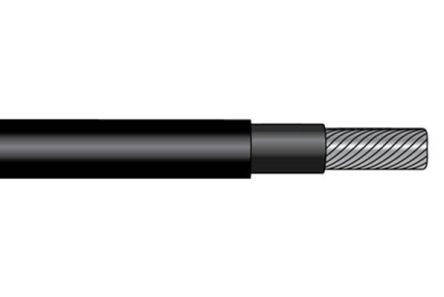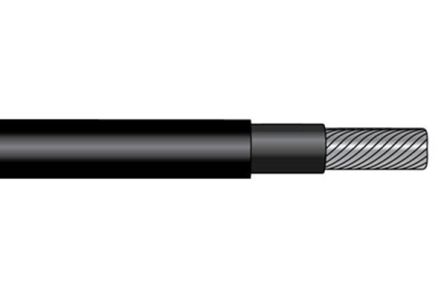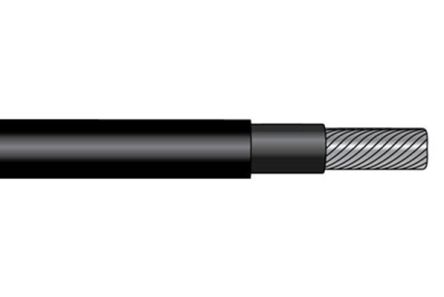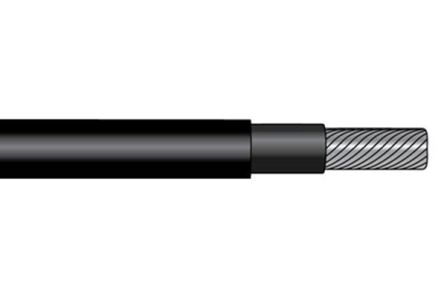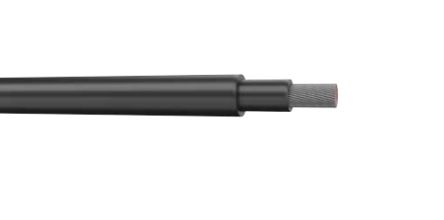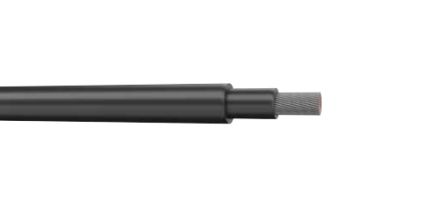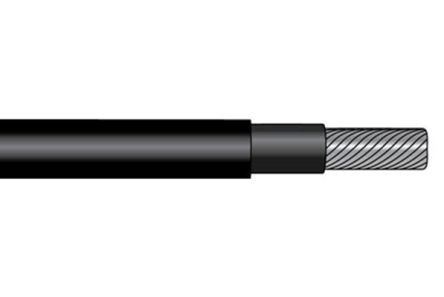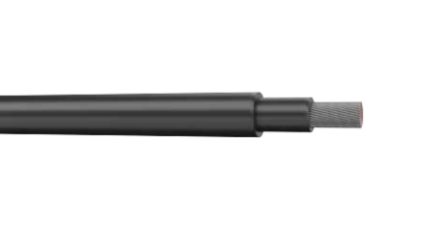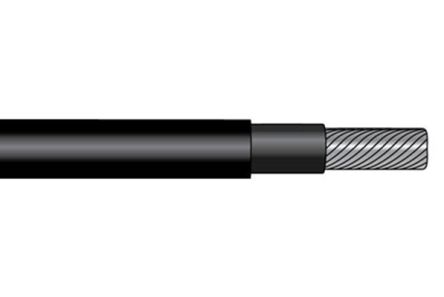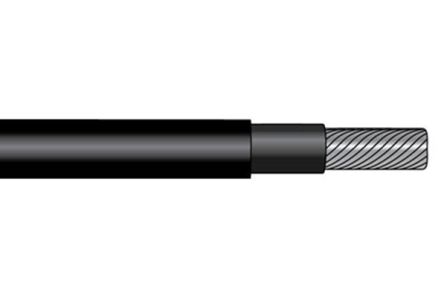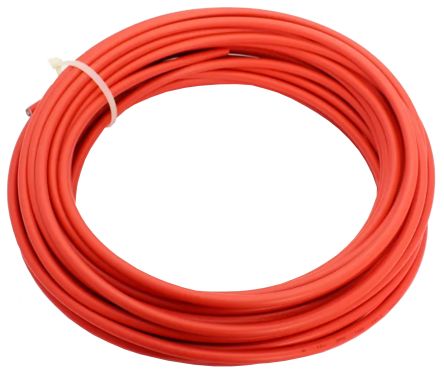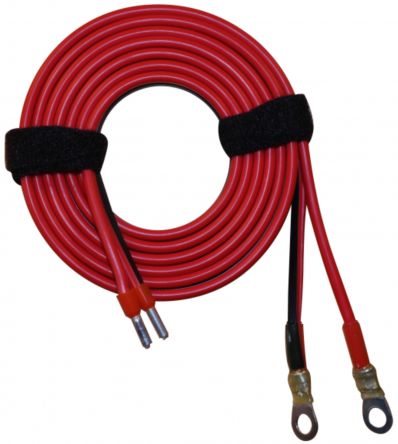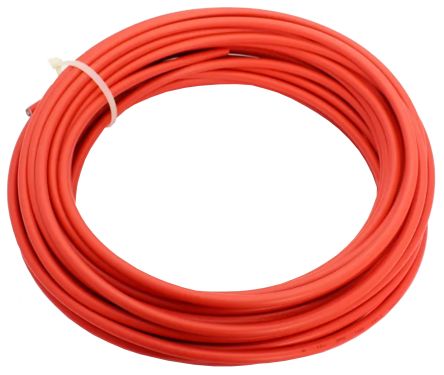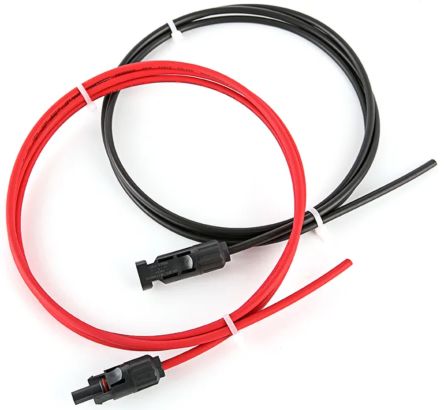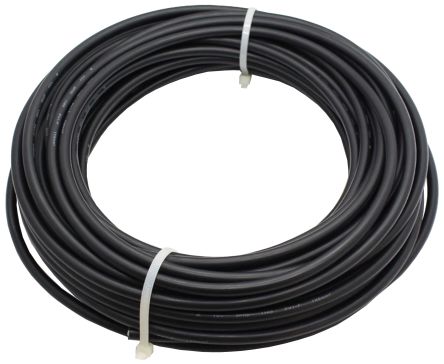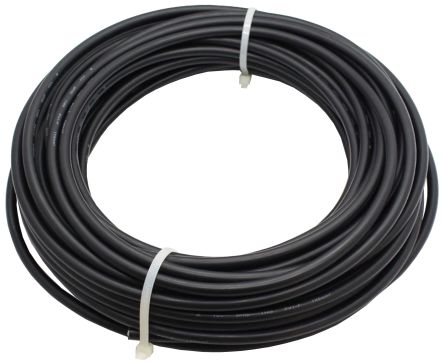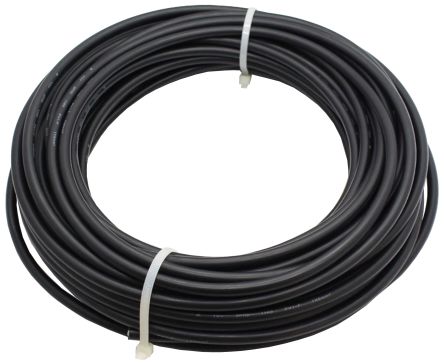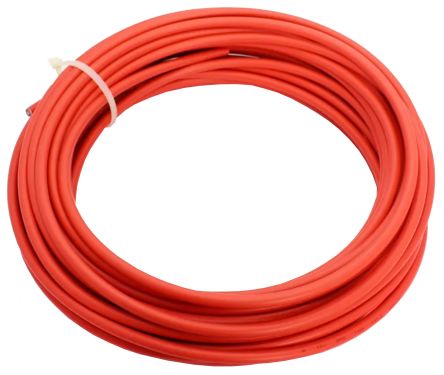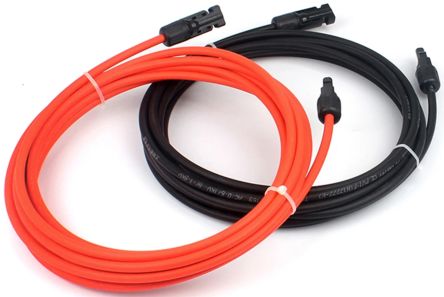- Automation & Control Gear
- Cables & Wires
- Enclosures & Server Racks
- Fuses & Circuit Breakers
- HVAC, Fans & Thermal Management
- Lighting
- Relays & Signal Conditioning
- Switches
- Batteries & Chargers
- Connectors
- Displays & Optoelectronics
- ESD Control, Cleanroom & PCB Prototyping
- Passive Components
- Power Supplies & Transformers
- Raspberry Pi, Arduino, ROCK, STEM Education & Development Tools
- Semiconductors
Solar Cable
Solar cables are specialised electrical cables designed for use in solar power systems. These cables are used to connect solar panels to other components of a solar power system, such as inverters, charge controllers, and batteries. They play a crucial role in safely and efficiently transmitting the electrical energy generated by solar panels.
Solar cables are a critical component in harnessing the renewable energy generated by solar panels and ensuring it can be efficiently used or stored for various applications. The selection of the appropriate solar cables and their proper installation is essential for the reliable and safe operation of solar power systems.
What are the features and benefits of solar cables?
- UV Resistance: Solar cables are typically exposed to sunlight and weather conditions for long periods. Therefore, they need to be UV-resistant to withstand the harsh outdoor environment without deteriorating or degrading over time.
- Weather Resistance: Solar cables must be capable of withstanding extreme weather conditions, including heat, cold, rain, and humidity, to ensure the reliability and safety of the solar power system.
- Temperature Rating: Solar cables are often subjected to temperature variations, so they should have a high-temperature rating to prevent melting or damage.
- Insulation: The insulation of solar cables is designed to resist the transmission of electricity and protect against electrical faults. Common insulation materials include cross-linked polyethylene (XLPE) and ethylene propylene rubber (EPR).
- Conductor Material: Copper is a common choice for the conductor material in solar cables due to its excellent electrical conductivity and durability. However, some solar cables use aluminum conductors, which are less expensive but have lower conductivity.
- Cable Size: The size or gauge of the cable depends on the specific requirements of the solar power system. Larger systems with higher power output may require thicker cables to minimize voltage drop.
- Connector Compatibility: Solar cables are often used with compatible connectors, such as MC4 connectors, to facilitate easy and safe connections between solar panels and other system components.
- Compliance: Solar cables must meet certain standards and regulations to ensure safety and performance. In many regions, solar cables need to be compliant with standards like UL 4703 (for the United States) or TUV 2 PFG 1169/08.2007 (for Europe).
- Grounding: Proper grounding is essential in solar power systems to prevent electrical hazards. Some solar cables are designed with integrated grounding features.
- Longevity: Solar cables are expected to have a long lifespan, as solar power systems are designed to operate for many years. Quality materials and construction are critical to ensuring longevity.
Applications
Solar cables have various applications in solar power systems and related industries. Here are some of the primary applications:
- Photovoltaic (PV).
- Residential Solar Installations
- Commercial and Industrial Solar Systems
- Solar Street Lighting
- Off-Grid Solar Systems.
- Solar Water Pumping
- Solar Thermal Systems
- Solar-powered Vehicles
- Battery Energy Storage Systems (BESS
- Electric Vehicle (EV) Charging Stations
